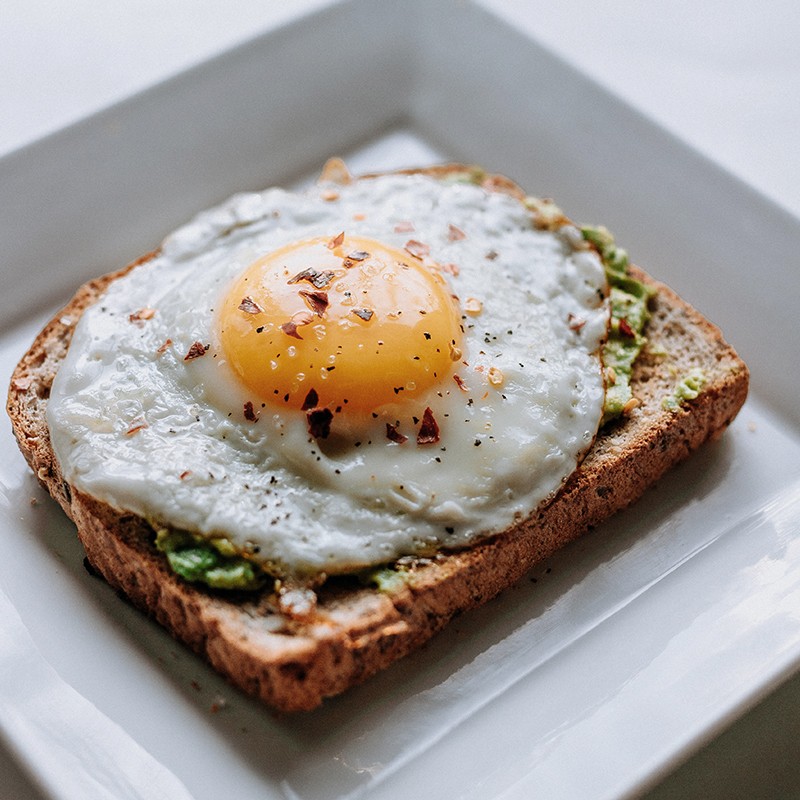What A Healthy Breakfast Should Look Like
Start By Choosing Your Carbs Wisely
“You’ve heard countless times that breakfast is the most important meal of the day, and that’s because your body fasts overnight,” explains Myles Hopper, nutritional coach and co-founder of Mindful Chef. “By eating breakfast, you replenish the supply of glucose that’s been depleted overnight, which is vital to help boost energy levels and keep metabolism fired throughout the day.” While carbs are an important part of breakfast – they will top up energy that’s been lost overnight – not all were created equal. “A bowl of cereal may be a speedy breakfast option, but most cereals are packed with sugar and don’t provide enough nutrients,” adds Myles. “If anything, a bowl of cereal just won’t fill you up and can lead to sugar cravings.” If you can’t start the day without cereal, choose one that’s lower in sugar; and if you love toast, swap white for wholegrain bread, and top with nut butter and sliced banana or mashed avocado.
Load Up On Protein
“Breakfast is the meal of the day where people fail to consume adequate amounts of protein, so making a change here is an opportunity for better health,” says nutritionist Marc Bubbs. Swapping carb-rich breakfast foods such as toast and cereal with protein-rich alternatives can have a significant impact: “Replacing your morning bowl of muesli or cereal for plain yoghurt and berries reduces carb and calorie intake by a whopping 60g and 240 calories, respectively. Ditch the mid-morning muffin or croissant and there’s another significant reduction of 40-50g and 160-200 calories.” As a rule, Marc says the leaner and fitter you are, the higher your carb intake can be at breakfast, but if you’re trying to lose weight, it’s better to fill up with protein. “Aim for at least 20g of protein at breakfast. Three eggs contain 18g of protein, while plain yoghurt, smoked salmon or a smoothie made with whey protein powder are also great options.”
Fill Your Plate With Fruit & Veg
Nutritionist Rob Hobson says breakfast is the perfect opportunity to pack in the fibre, something many of us are lacking in. “Filling up on fibre at breakfast will help keep you full and help you avoid snacking mid-morning. Research published by Public Health England shows that just 9% of us achieve the recommended 30g per day, and many breakfast foods are high in fibre, such as oats, wholegrain bread, nuts and seeds. A breakfast that is high in both fibre and protein, including plenty of fruit and veg, is the ideal combination,” he says. Think avocado and eggs on wholegrain toast, low-fat Greek yoghurt topped with berries, nuts and seeds, or a breakfast smoothie made with dairy milk, yoghurt, oats, frozen berries and cinnamon. If you’re a fan of a cooked breakfast, try a veggie version, suggests Rob. “Eggs with avocado, halloumi, grilled tomatoes and mushrooms will set you up nicely for the day.”
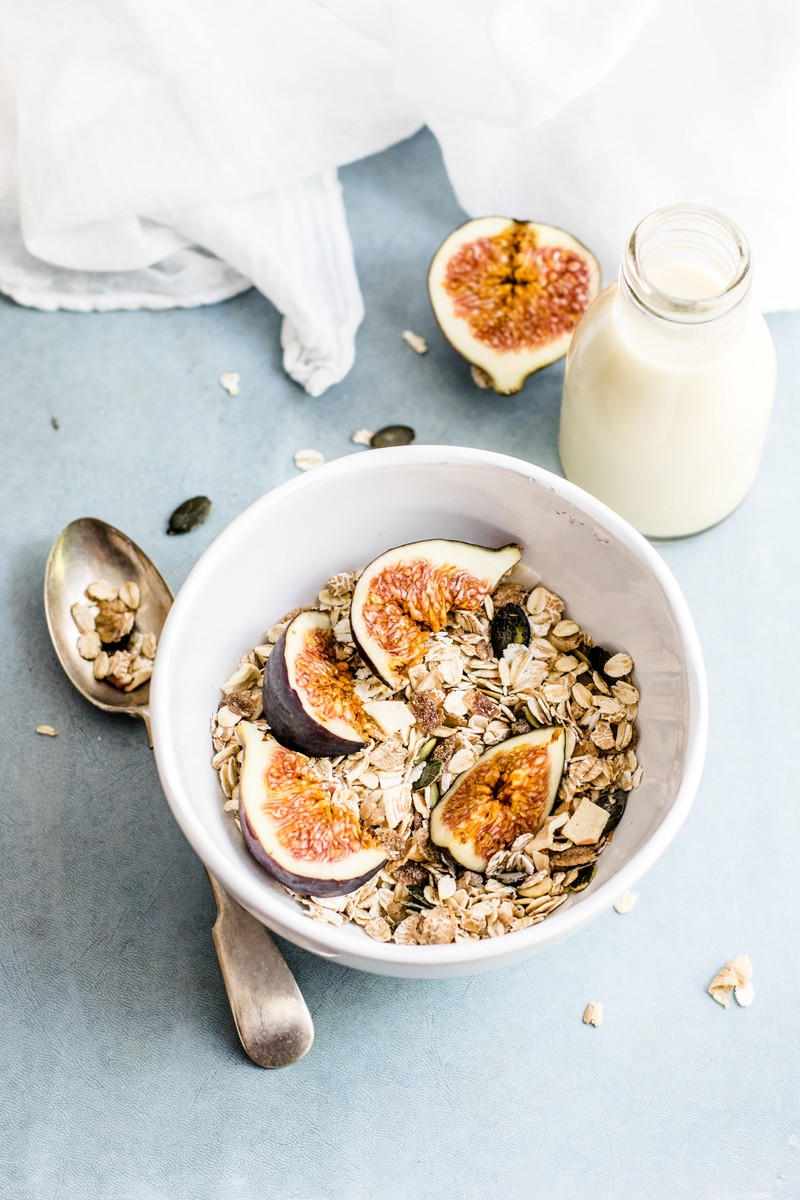
Prep Ahead Of Time
To save you reaching for the cereal, get organised and make a batch of overnight oats – the perfect fibre and protein-rich cereal alternative. “Oats are packed with nutrition and versatile too. Oats contain a nutrient called beta glucans, which is great for your gut microbes and can help control blood sugar and heart health,” says Dr Ruairi Robertson, gut health expert at Sons. “To make overnight oats, add one cup of oats to a jam jar with an equal amount of milk and then add a handful of raspberries, blueberries, almonds, sunflower and pumpkin seeds. In the morning, it will be the perfect consistency to eat.” If you can’t be without your trusty bowl of cereal, consider making your own granola. “Bake some oats with agave nectar and dried fruits such as raisins, sultanas, apricots and figs and sprinkle with cinnamon. Serve with Greek yoghurt and berries,” Ruairi recommends.
Read The Label
When grabbing breakfast on the go, it pays to choose wisely. “Pret, M&S and Leon all do relatively healthy hot and cold breakfast options, including yoghurt pots, boiled egg salads, fruit salads, porridge and warm egg rolls. Just check the label as some of these options are loaded with sugar, while processed meats such as bacon and sausages should also be avoided as these are high in both salt and saturated fat. It also goes without saying that chocolate croissants and Danish pastries aren’t the healthiest option,” says Rob. If you don’t have time to make your own breakfast ahead of time, you can tweak shop-bought items, says Marc. “If your only option is a sandwich, remove the top piece of bread to make an open sandwich, and consider adding your own protein powder to ready-made smoothies.” Ruairi is also a fan of Pret’s porridge, saying it’s one of the only low-sugar, pre-made porridges out there.
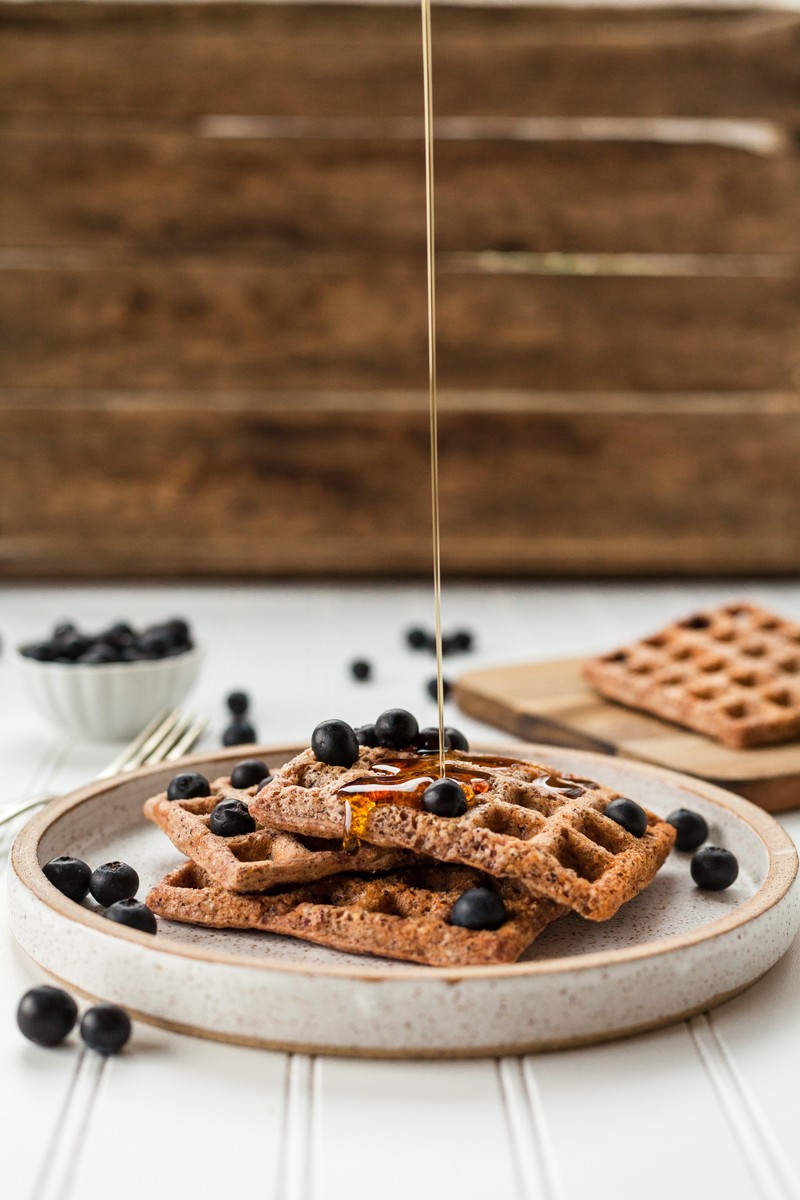
Have A Coffee Or Two
Despite the controversy surrounding coffee, starting your day with a couple of cups will do you no harm. In fact, says Myles, it may even have health benefits. “Two cups of coffee per day have been shown to enhance brain function and boost metabolism. Coffee also contains essential nutrients, such as B vitamins, and is high in antioxidants. But it’s all about moderation, as too much coffee can cause anxiety, while drinking it late in the day can affect sleep. Relying on coffee as a source of energy isn’t good either. If that sounds familiar, look at your food intake instead and make sure you’re eating well throughout the day to support optimal energy levels.” When ordering coffee, keep it simple – avoid oversized options flavoured with syrups and avoid adding sugar if you can, adds Rob.
Hit The Gym Before Breakfast
If you’re a fan of an early morning gym session, it could be worth saving your breakfast until post-workout, says Marc. “When you eat food, whether before or after exercise, impacts how your body burns stored fat versus carbohydrates,” he explains. “Studies show that a single bout of exercise performed before (versus after) food intake increased the body’s ability to break down stored body fat. In short, if you exercise before you eat, it significantly improves your ability to burn stored body fat for fuel. Exercising before a meal also reduced insulin output afterwards, meaning study participants were better able to tolerate carbs.”
DON'T STRESS ABOUT SKIPPING IT
If you don’t wake up hungry, don’t overthink it, says Ruairi. “It’s fine to skip breakfast if you aren’t hungry. However, when you eat your first meal – whether it’s at 11am or 1pm – it’s important to eat a balanced meal that’s rich in nutrients to ensure you’re reaching your daily nutrient goals. Some people just can’t face breakfast in the morning, and if this is you, make sure your subsequent meals and snacks are packed with fruit, vegetables, wholegrains, nuts and seeds rather than foods high in fat and sugar.”
For more information, visit MindfulChef.com, DrBubbs.com, RobHobson.co.uk and Sons.co.uk.
STOCK UP ON BREAKFAST ESSENTIALS BELOW...
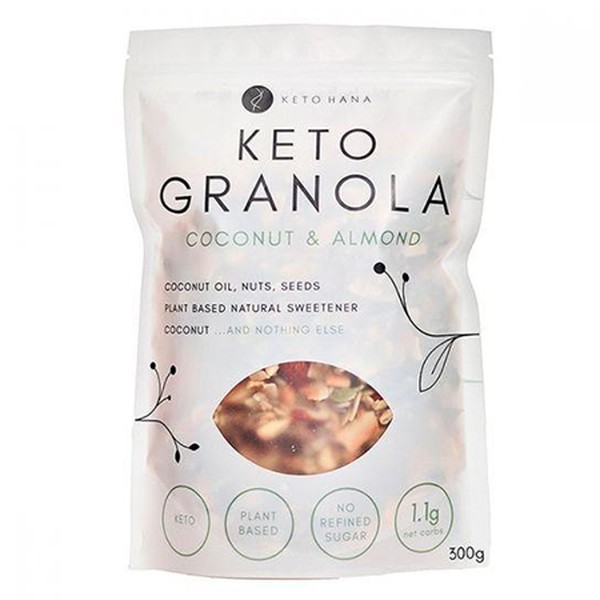
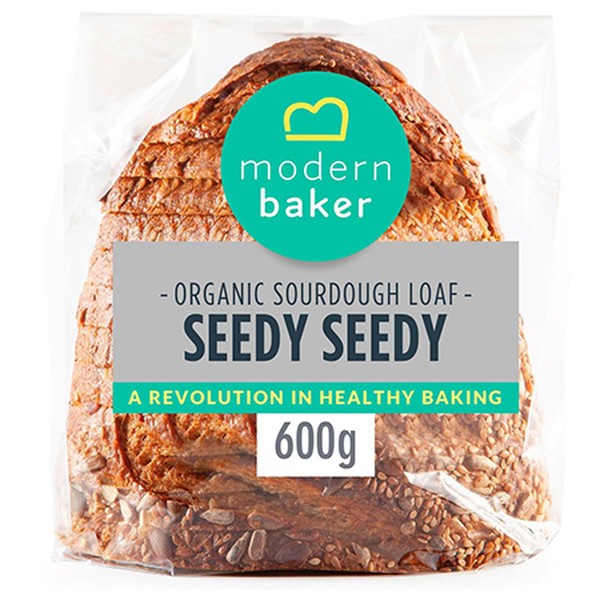
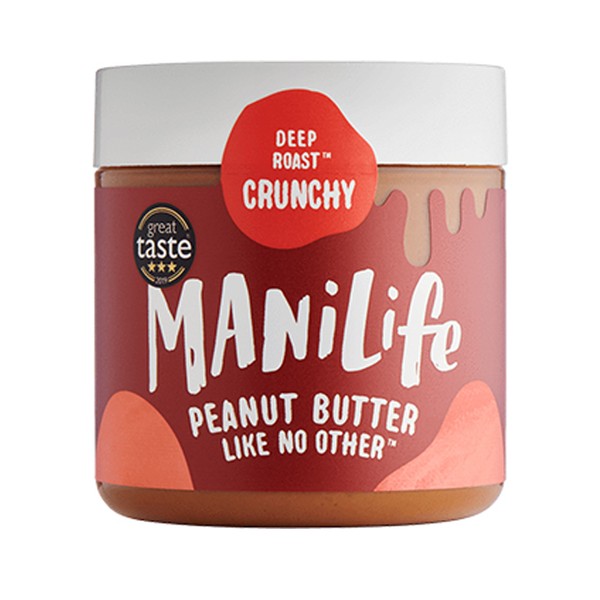
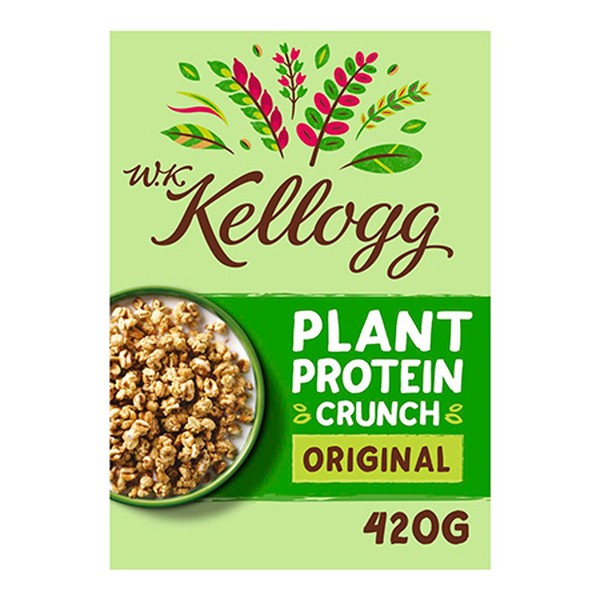
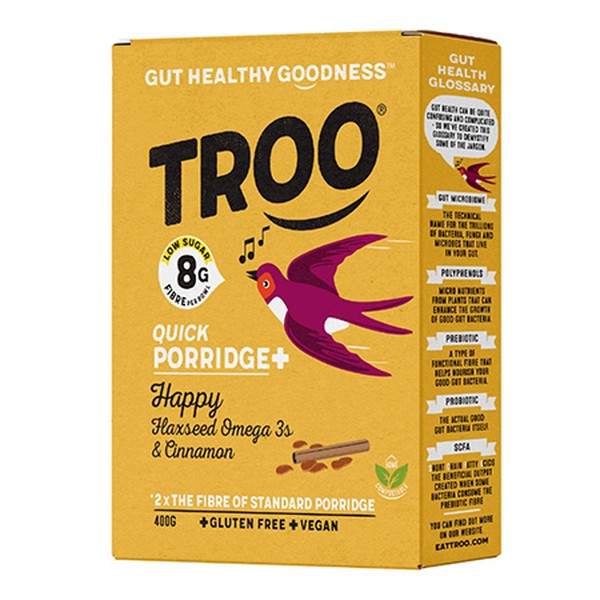
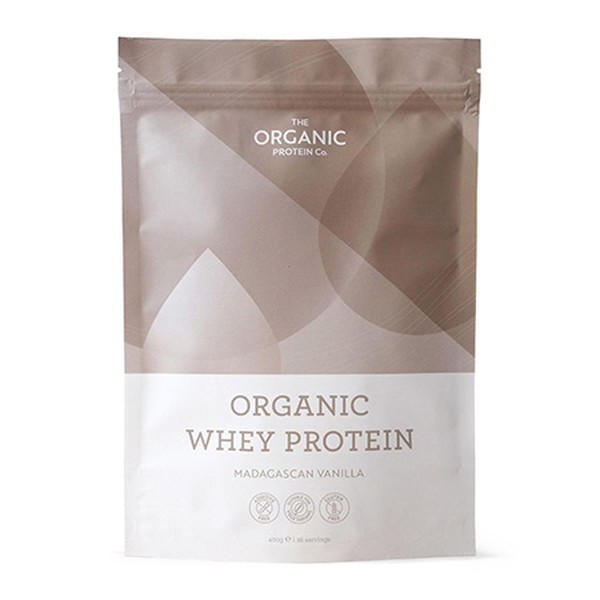
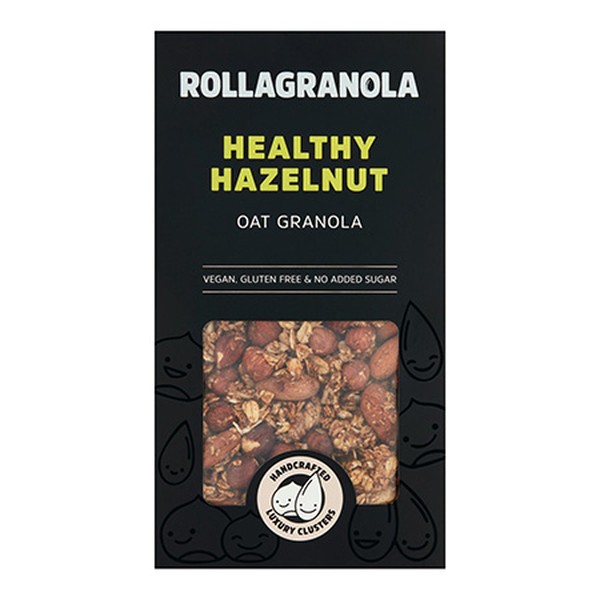
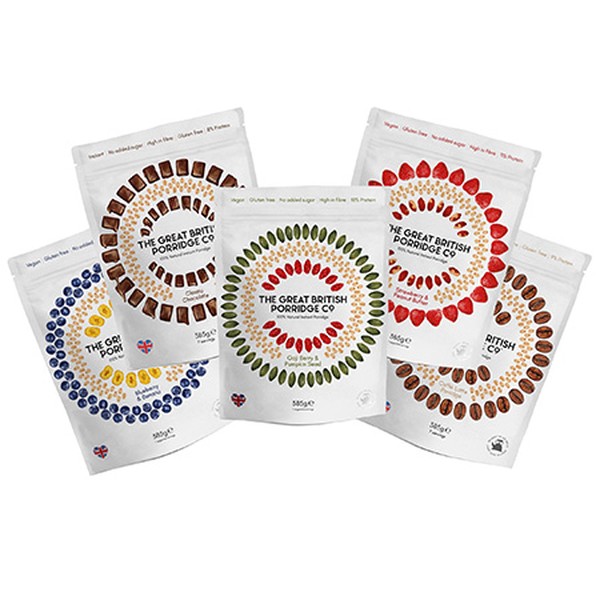
DISCLAIMER: Features published by SLMan are not intended to treat, diagnose, cure or prevent any disease. Always seek the advice of your GP or another qualified healthcare provider for any questions you have regarding a medical condition, and before undertaking any diet, exercise or other health-related programme.
DISCLAIMER: We endeavour to always credit the correct original source of every image we use. If you think a credit may be incorrect, please contact us at [email protected].
